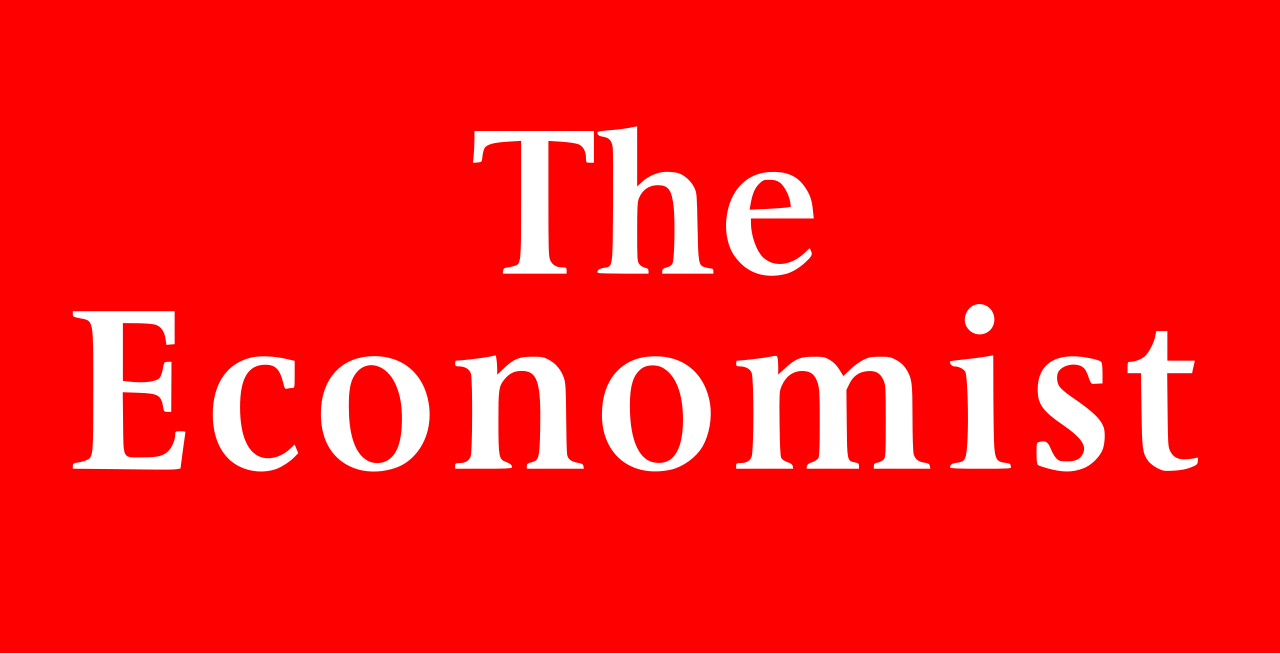
I am having trouble getting my regular issue of the Economist magazine delivered on time.
Meaning the freaking post office can’t seem to get it to my door on Monday like
they used to. It seems a little silly to complain about a physical magazine in
the internet age. I could just as easily pay to read the website instead and
get a cheaper rate. The reason I haven’t done it yet is having the physical
copy makes it more likely I’ll read it. By paying for an internet subscription
I’ll forget to open the site. When was the last time you ignored hand written letter
delivered to your door? Probably never, but I delete emails all the time
without even reading. Staring at the copy is a reminder, "Hey, you're paying for this so be sure and do the work".
Why is it important? Some traditions just stay with us for a
while, they tether us to a sense of normalcy. It’s like sleeping in your own
bed after a week of vacation. It resets your mind. It helps get your routine
back, ease into life again. Even staying
in a posh hotel with thick sheets and soft comforters can’t compare.
My tradition with the weekly magazine goes back to my first
year in Oklahoma. I was about to start an International Studies program at
Oklahoma State University (Go Pokes!). The advice I got, don’t remember who
from, was to subscribe and read every article every time. Supposedly their
reporters cover more territory than anyone (other than BBC) and the breadth of
subject matter is unrivaled. I think that’s basically true, although I don’t
know of any comparisons. The habit of weekly reading stuck even though it was a tough couple of
years trying to figure out some of the economic concepts, government terms. The dense language taught me to focus better, understand more,
translate ideas into real world events, see connections between money and
politics or politics and business. There is no question it helped with
retention, concepts.
The editors take a practical stance on markets and a weak
view on national movements. They are sometimes painfully globalist and seem
confused why any country would want to protect their industries. They think
most tradition is silly and believe that whatever advances the economic
interests of the country should be considered in policy making.
I decided a while ago not to get hung up on the politics.
Every newspaper and media outlet has a bias. Sometimes it shows through like
red dye on a white t-shirt. Occasionally it crosses a line between reporting
and promoting causes, parities, legislation. The Economist is broadly liberal
and although they don’t value tradition, I agree with their basic framework for
international trade. Keep tariffs low, encourage innovation through tax breaks,
privatize government services where possible. I am looking at you USPS.
I still think of flipping the pages as homework. Everyone
needs to have some learning in their life after school, mine is writing and
economics. New learning has to be a natural fit though. I wouldn’t want to
learn how to rebuild cars or write software. Those disciplines don’t interest
me so I don’t bother. But without some hobby or interest beyond just watching
TV after work, our minds suffer. I hope this doesn’t come off as pretentious or
smug, just because something is interesting to me doesn’t mean it is
interesting to everyone.
The larger point is to learn outside the classroom and
force your mind to work a little bit. Who knows, maybe you’ll find a fit you
never expected and discover how to make money new ways. Or maybe you’ll learn a
new skill and find friends in that field. Maybe you’ll invent a new process, or
system that makes doing what you do easier, cheaper.
I would love the US Postal service to figure out a process for efficient mail delivery. Let’s start there.
